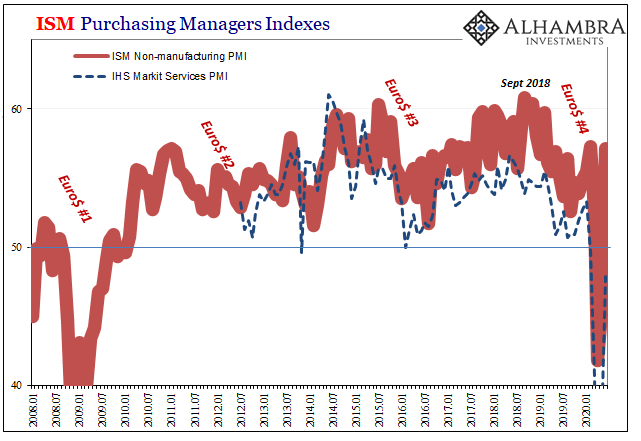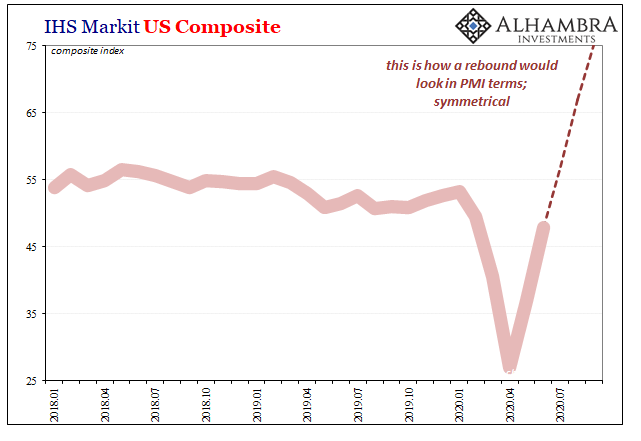You spend a lifetime earning, saving, acquiring. But the old adage is true—you can’t take it with you. So, what do you do with your assets when you’re gone? How do you want them distributed? That’s where a good estate plan comes in. However, some estate plans are based on ideas that just aren’t true. Plans are made based on emotion rather than logic, and that’s where the best-laid estate plans can go wrong. Christopher D. Wright, JD is a CPA at Marks Paneth LLP. In more than 30 years of helping clients develop estate plans, he’s discovered 5 common misconceptions that should be avoided. Myth #1: An estate plan should be based solely on tax mitigation No one likes to pay taxes and when you’re gone you want to leave as much to your heirs as possible, but escaping
Topics:
Bob Williams considers the following as important: 5.) Alhambra Investments, Estate Planning, Featured, Financial Planning, newsletter
This could be interesting, too:
Nachrichten Ticker - www.finanzen.ch writes Die Performance der Kryptowährungen in KW 9: Das hat sich bei Bitcoin, Ether & Co. getan
Nachrichten Ticker - www.finanzen.ch writes Wer verbirgt sich hinter der Ethereum-Technologie?
Martin Hartmann writes Eine Analyse nach den Lehren von Milton Friedman
Marc Chandler writes March 2025 Monthly
 You spend a lifetime earning, saving, acquiring. But the old adage is true—you can’t take it with you. So, what do you do with your assets when you’re gone? How do you want them distributed? That’s where a good estate plan comes in. However, some estate plans are based on ideas that just aren’t true. Plans are made based on emotion rather than logic, and that’s where the best-laid estate plans can go wrong.
You spend a lifetime earning, saving, acquiring. But the old adage is true—you can’t take it with you. So, what do you do with your assets when you’re gone? How do you want them distributed? That’s where a good estate plan comes in. However, some estate plans are based on ideas that just aren’t true. Plans are made based on emotion rather than logic, and that’s where the best-laid estate plans can go wrong.
Christopher D. Wright, JD is a CPA at Marks Paneth LLP. In more than 30 years of helping clients develop estate plans, he’s discovered 5 common misconceptions that should be avoided.
Myth #1: An estate plan should be based solely on tax mitigation
No one likes to pay taxes and when you’re gone you want to leave as much to your heirs as possible, but escaping taxes should not be the number one driver of your estate plan. When the estate tax exemption was $600,000 it made sense for an estate plan to focus on taxes. But today the federal estate tax exemption is more than $11.5 million and less than 3% of taxpayers will ever have to pay federal estate taxes. An estate plan should be based on assets rather than taxes.
Myth #2: I should leave everything to my children
That’s the way most of us were raised. Work hard. Create a substantial estate. Leave it to the kids so they can enjoy a great life too. Hopefully, they’ve learned how to handle money. The reality though, according to the Williams Group wealth consultancy, is that 70% of wealthy families lose their wealth by the second generation and 90% by the third.
Maybe you do leave a portion of your estate to the kids, but what about using some of your estate assets to benefit causes that were important to you while you were alive. Estate planning can become a creative exercise. Think outside the box.
Myth # 3: My children are so very different, but to be fair, I must be equitable with my estate plan.
Treating children equally sounds good, but it’s often not good business practice. Your kids have different skill sets, aspirations, hopes, and dreams. For example, making the decision to leave a family business to one child who shows interest and aptitude rather than breaking it up into equal shares among all the kids can be the wisest choice. It puts the business into the hands of someone who is more likely to protect it and grow it rather than have people involved who have no interest in the business other than what they can get out of it.
Myth #4: I will set up a trust. That will take care of everything.
A trust can be an effective strategy. But remember, when you put assets into an irrevocable trust, you lose control of those assets. They are now under the jurisdiction of a trustee. That trustee has a fiduciary responsibility to the beneficiaries of the trust, both current and remainder beneficiaries, not the grantor of the trust.
Another issue can arise when a family member acts as a trustee and other family members are beneficiaries. It can place a huge strain on the trustee and potentially damage family relationships. Using a corporate trustee alone, or in conjunction with a family trustee can help reduce conflicts.
Use a trust only if it helps achieve your overall goals of passing your estate on the next generation.
Myth #5: My estate advisers have my best interests in mind, and they are working together for me as a team.
You always hope that’s the case, but getting a group of advisers to work well together doesn’t just happen. It requires you to give clear direction to the group about your wishes and exactly what role each is to play in executing your plan. Choosing a team to work on your behalf requires effort on your part to make sure it’s the right team and that each member really does have your best interest in mind.
Tags: Estate Planning,Featured,Financial Planning,newsletter








